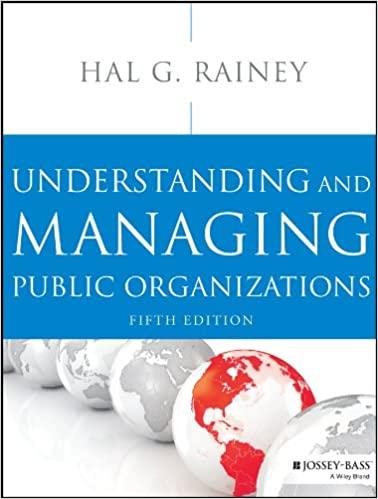Answered step by step
Verified Expert Solution
Question
1 Approved Answer
In Singh v . Uber Technologies Incorporated, 2 3 5 F . Supp. 3 d 6 3 6 ( D . N . J .
In Singh v Uber Technologies Incorporated, F Supp. d DNJ the case in the text, the court concluded that:
because there was a large disparity in bargaining power between the parties, the agreement was unconscionable.
Singh may be able to demonstrate a disparity in bargaining power but he failed to show that the agreement was substantively unconscionable.
because Uber did not provide users with an opportunity to read the full terms of the agreement prior to acceptance, the agreement was unconscionable.
Uber took advantage of its drivers when it failed to pay overtime compensation and made the drivers pay for significant business expenses that were incurred for Ubers benefit.
Step by Step Solution
There are 3 Steps involved in it
Step: 1

Get Instant Access to Expert-Tailored Solutions
See step-by-step solutions with expert insights and AI powered tools for academic success
Step: 2

Step: 3

Ace Your Homework with AI
Get the answers you need in no time with our AI-driven, step-by-step assistance
Get Started


